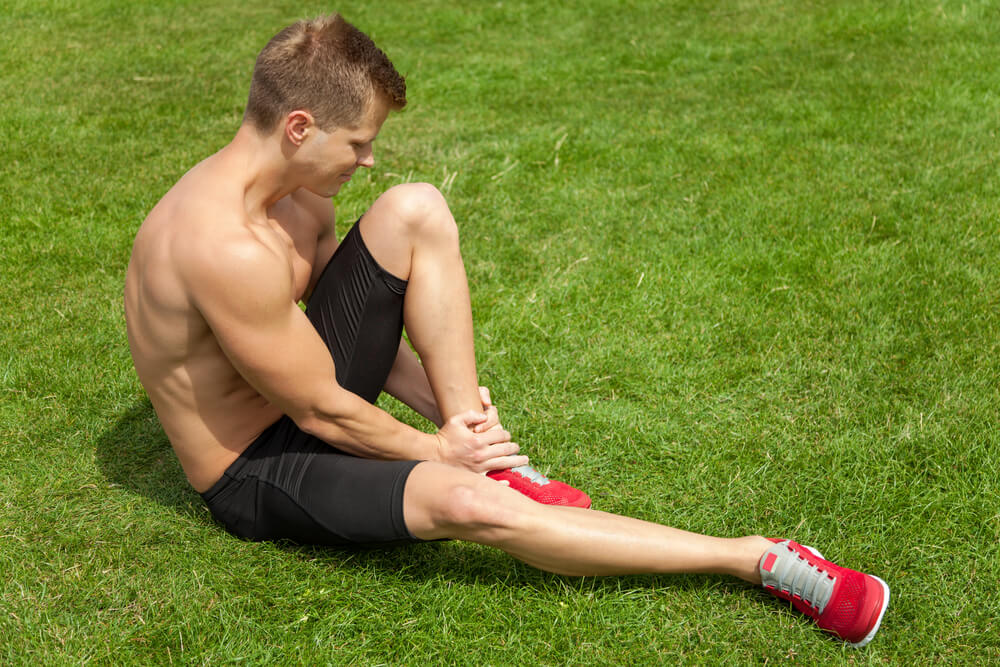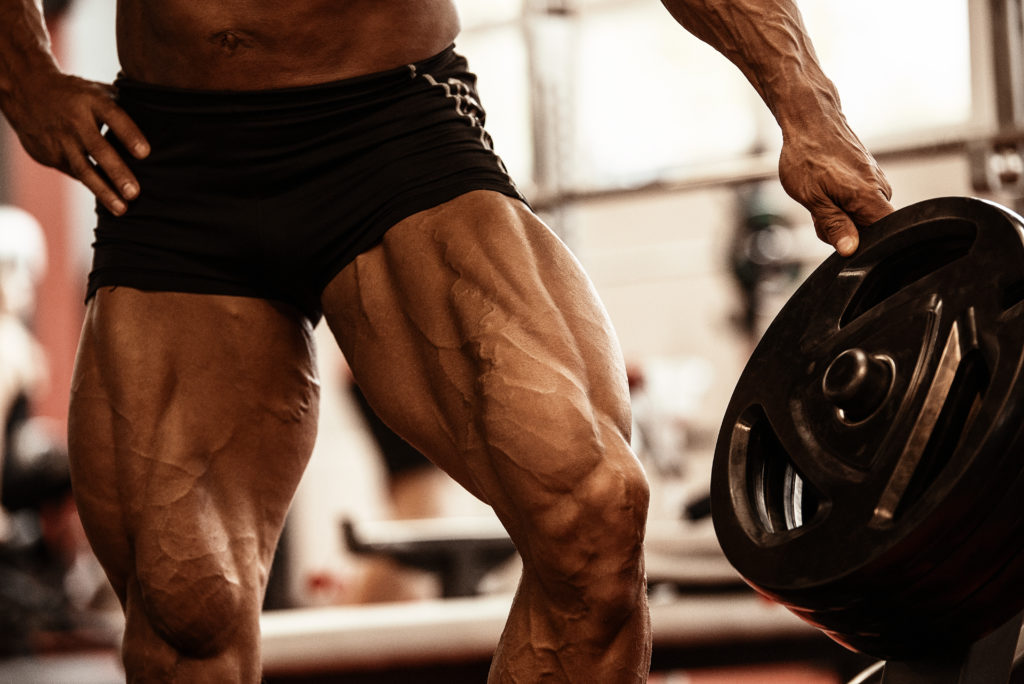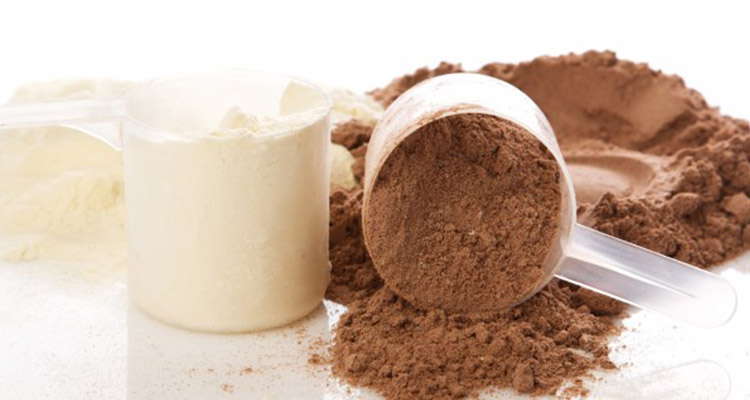How to Lose Weight Fast | Nutrition for Fast Weight Loss | Dial in Your Cardio for Quick Weight Loss | Hack Your Workouts to Lose Weight Fast
Want to lose weight? Burn more calories than you consume. Yeah, yeah—you’ve heard that part before. But beyond just nailing your diet, what can you do to stay lean while maintaining or adding muscle? You can increase the amount of work you do during your lifting workouts.
No, this doesn’t mean turning everything into a brutal circuit where you’re constantly gasping for air. It means using the breaks between strength moves to perform low-stress, high-quality movements that still allow you to rest from your tough working sets. I call these movements “fillers.”
This can help you have better workouts overall, but also achieve a lean physique without spending one extra minute in the gym. Yeah, you’ll want to know this.
Level 1: Mobility Drills
Mobility drills help joints feel better, increasing your ability to move well and achieve good form in the big barbell lifts. This makes them a great entry-level filler for adding density to a training session.
Let’s say your prescribed rest period is one minute. As soon as you finish your lift, immediately begin your mobility drill, for 5-10 reps, not close to failure. If there’s still time left in the rest period, prepare for your next set. If you’ve used up all your rest time, jump right into your next set.
 ://www.bodybuilding.com/images/2021/june/engineer-your-lifts-to-burn-fat-fast-1-700xh.jpg”/>
://www.bodybuilding.com/images/2021/june/engineer-your-lifts-to-burn-fat-fast-1-700xh.jpg”/>
Take care of your joints so you can keep lifting heavy, burning fat, and building strength!
Here are a few examples of mobility fillers:
Use mobility fillers for at least a month before progressing to anything more challenging. After all, if you’re not particularly mobile, these will be plenty challenging!
Level 1 Fillers: Mobility
Level 2: Calisthenics and Light Plyos
Once you’re feeling the benefits of increased mobility, the next step is to increase your heart rate and compound training-session stress.
Basic bodyweight calisthenics and light plyometrics considerably increase the work you can perform during your workout when done during rests between strength moves.
 ://www.bodybuilding.com/images/2021/june/engineer-your-lifts-to-burn-fat-fast-2-700xh.jpg”/>
://www.bodybuilding.com/images/2021/june/engineer-your-lifts-to-burn-fat-fast-2-700xh.jpg”/>
Here are some great light strength movements to use as fillers:
Immediately after completing your strength set, perform your chosen bodyweight exercise for 30-60 seconds. Rest another 30 seconds before beginning your next strength set.
Here’s the key: Do lower-body calisthenics between upper-body strength sets, and vice versa for lower-body strength sets. This keeps the work rate high without exhausting the muscles performing the actual strength movements.
Once again, use these fillers for one month before progressing to Level 3.
Level 2 Fillers: Calisthenics and Light Plyos
Level 3: Light Strength Movements
The final density builder employs lightly loaded strength movements between sets of heavier strength movements. They’re programmed the same way as the bodyweight fillers: 30-60 seconds of filler work between heavy strength sets, and another 30 seconds of rest before starting the next heavy strength set.
As with the bodyweight fillers, pair lower-body fillers with upper-body moves, and vice versa. For example, let’s say your heavy lower-body strength movement is the deadlift. You’ll perform light dumbbell bench presses or dumbbell rows for time between sets. Heavy bench presses or rows are paired with light kettlebell swings or goblet squats.
 ://www.bodybuilding.com/images/2021/june/engineer-your-lifts-to-burn-fat-fast-3-700xh.jpg”/>
://www.bodybuilding.com/images/2021/june/engineer-your-lifts-to-burn-fat-fast-3-700xh.jpg”/>
Here are some great light strength movements to use as fillers:
Level 3 Fillers: Light Strength Movements
Keep it Moderate and Reasonable
It’s important to remember that the main goal with this type of programming is fat loss. Introducing additional stress to the body uses energy, which does lead to muscle gain and fat loss. However, it’s not conducive for max strength gain.
With this in mind, load your big strength movements like squat, bench press, deadlift, row, and overhead press in the 70-80 percent range of your one-rep max. That’s roughly a weight you can lift for 8-11 reps to failure.
But here’s the thing: I don’t recommend you go to failure in this training style. Keep at least 2-3 reps “in the tank” at the end of each set. Redlining these sets will compromise the quality of the sets to come, which will mean fewer reps, less work done, and fewer calories burned. If fatigue builds and a weight becomes too taxing, lower the weight in the name of safety and progress.
Remember, your goal is losing weight while maintaining muscle and strength. Don’t try to serve too many masters at once!
Did you know you actually need more protein when dieting or losing weight? It’s true. Work hard, then have a shake.






Leave a Reply
You must be logged in to post a comment.